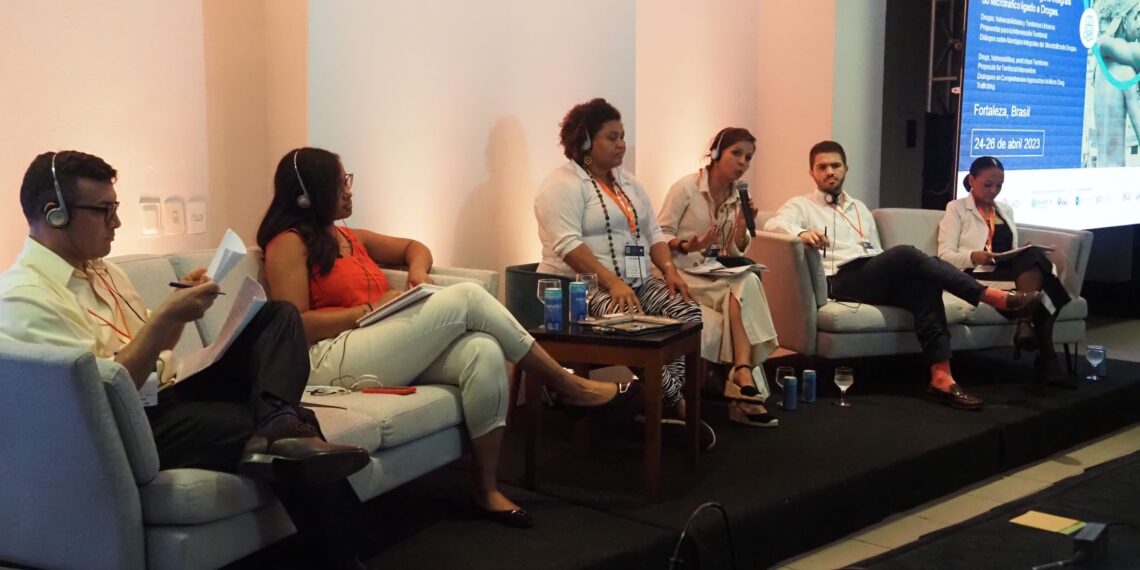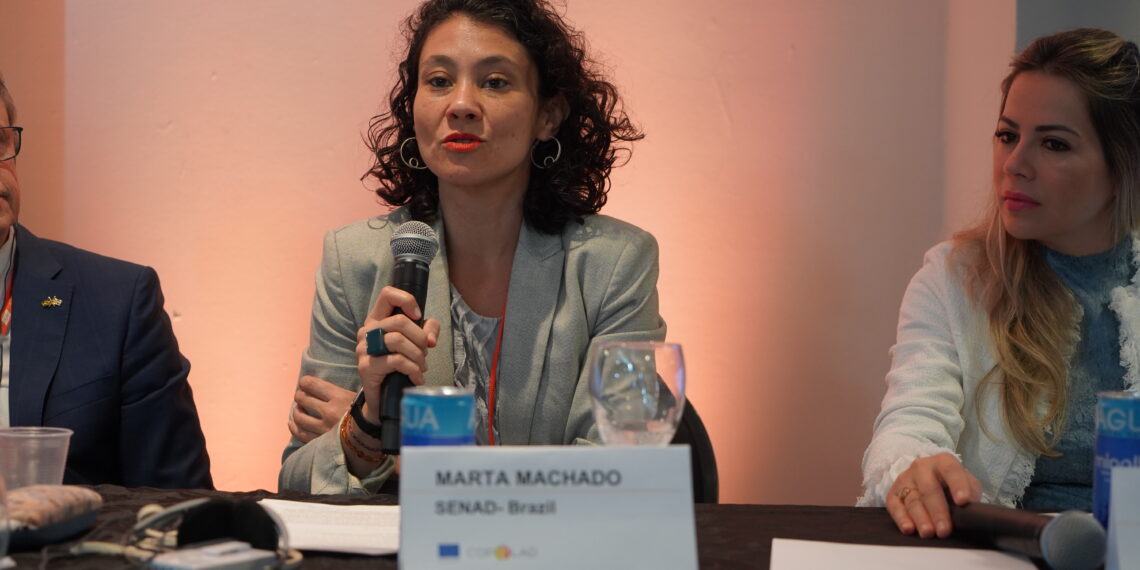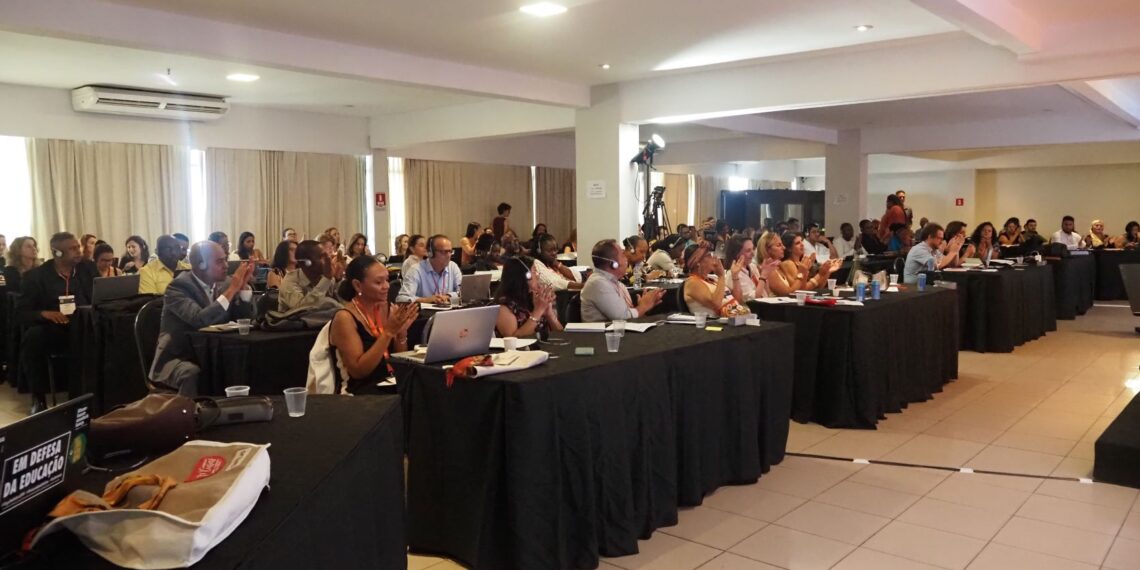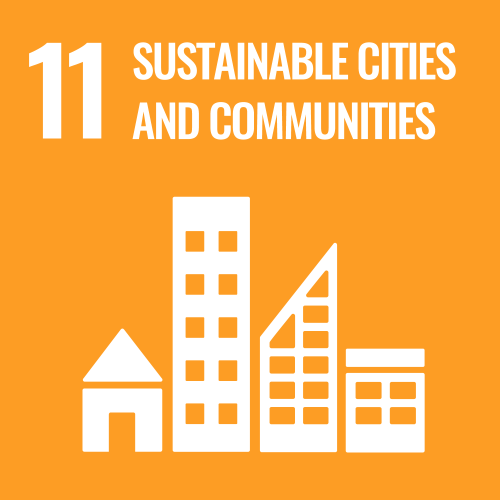The international seminar “Drugs, vulnerabilities and urban territories” has closed on Wednesday 26 April in Fortaleza, Ceará (Brazil), defending a
new generation of drug policy – more effective and humane. For three days the event, organised by the European programme co-led by FIIAPP
COPOLAD III, together with the
National Secretariat for Drug Policy and Asset Management of the Ministry of Justice and Public Security (SENAD/MJSP),
has brought together technical and political representatives, academia and civil society to exchange effective actions and measures adopted in 23 countries in Latin America, the Caribbean and the European Union.The conclusions of the event will be sent to the COPOLAD high-level CELAC/EU forum on drugs, which will meet in Barcelona (Spain) at the end of August. The event discussed anti-drug trafficking policies, measures to curb micro-trafficking and how to develop policies that address drugs, territories and social vulnerability. The seminar was attended by governmental and civil society groups represented by different areas such as health, justice, police, drugs, banking, social services, culture, youth, among others.
Peggy Martinello, Director of the Public Administration and Social Affairs Area of the FIIAPP, pointed out that “the paradigm of drugs has changed. Drugs cannot be considered solely from a justice or security perspective. Their impact has a lot to do with the articulation of social policies, we must have an intersectoral and multidimensional vision”.
Multidisciplinarity has been defended as an effective practice by COPOLAD’s director, Javier Sagredo. “This space has been very useful for us to prove that only comprehensive public policies that address drugs in conjunction with other elements present in the life of communities will be effective. It is also necessary to work with the concept of citizen public security, which respects human rights”.
For her part, the National Secretary of Drug Policies, Marta Machado, has highlighted the importance of evidence-based public policies to work on the issue. “We know that actions must have solid bases. Throughout this time, we have many inputs that prove the effectiveness of actions that listen and take into account the specificities of each context. We divided our strategy into working groups for women, indigenous people, peripheral black population, children and adolescents, and street population. Based on this and on discussions such as those held at this seminar, we will make significant progress.”
On the third day, Judge Karen Louise Vilanova Batista has participated in a panel that discussed changes and effective responses to micro-trafficking. She has noted that it is often difficult for the state to see people in vulnerable situations. “Some incarcerated people do not even have identity documents. This means that they do not exist for the State. The first policy they should be entitled to is social security, and they don’t even receive it,” she has said.

Valeria Vilaseca, Bolivian Ambassador to Belgium, has addressed the role of the state in social vulnerability and gender issues. “There are people in vulnerable situations because the state has put them there. In this scenario, women from the most popular sectors are the ones who suffer the most, because the communities are under their responsibility“, she has stressed.

The aim of the seminar is to contribute to an integral approach to drug policy, discussing and exploring alternative forms of development and more humane and effective public policies, focused on the most vulnerable groups. Topics such as the relationship between drugs and the most vulnerable populations, life on the streets, risk and harm reduction, attention, monitoring and care services, gender, race and ethnic inequalities, social and economic inclusion, territorialization of public policies, community approaches, and economic inclusion processes were addressed.
In addition to the debates, the participants had the opportunity to participate in experiences in the Moura Brasil neighbourhood, affected by drug use and micro-trafficking. The spaces have been an opportunity to learn about the potential that exists in these territories and that can be amplified through public policies. There was also an exhibition of works by vulnerable communities from the 23 countries participating in the Estação das Artes, with the aim of showcasing the talent present in the territories.
The event received representatives from international organizations such as the United Nations Office on Drugs and Crime (UNODC), the United Nations Development Programme (UNDP), the United Nations Human Settlements Programme (UN-Habitat) and the Global Initiative Against Transnational Organized Crime.
Invited countries include Argentina, Brazil, Chile, Costa Rica, Ecuador, Guatemala, Honduras, Mexico, Peru, Dominican Republic, Uruguay, Venezuela, Bahamas, Barbados, Belize, Jamaica, Saint Kitts and Nevis, Saint Vincent and the Grenadines, Suriname, Trinidad and Tobago, Bulgaria, Greece, and Portugal.








